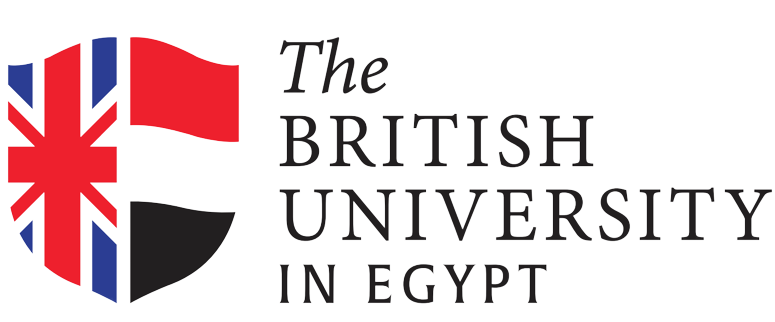Aims of the Programme:
To offer an honours degree programme in the field of Radio and Television. At the end of the programme, students should be able to:
- demonstrate enhanced critical and analytical skills, look for underlying principles, and identify and analyse key concepts
- demonstrate the skill of independent thinking, good writing skills, a facility for independent learning, investigation and effective organisational skills
- present their own critical understanding of the issues studied to tutors and peers, and to engage in dialogue with them
- establish an awareness of key theoretical and methodological issues involved in the study of radio and television, and to be able to distinguish between a variety of methods of enquiry
- analyse key topics related to the discipline on the basis of directed and independent reading, and to produce good quality essays while meeting deadlines
- understand and use the main concepts, approaches and theories of the discipline to edit, produce analyse and evaluate media content, ideas and institutions and to relate the academic study of radio and television to questions of public concern which are transferable to a wide range of employment contexts and life experiences
- place questions of radio and new television at the centre of analysis
- understand elements of development and change in the study of radio and television to be able to apply their knowledge to specific case studies
- work within a supportive and responsive learning environment that is enriched by research and in which the academic development and career opportunities of students are enhanced
- acquire key transferable skills including analysis of opinion, argument and fact evaluation of evidence and hypothesis synthesis of debate appropriate use of communication and information technology all of which lead to students becoming productive and interactive members of society.
Feedback on all aspects of this programme will be obtained via standard procedures from the University’s framework for quality assurance, as defined in the UK QAA – http://www.qaa.ac.uk/
You must be logged in to post a comment.
